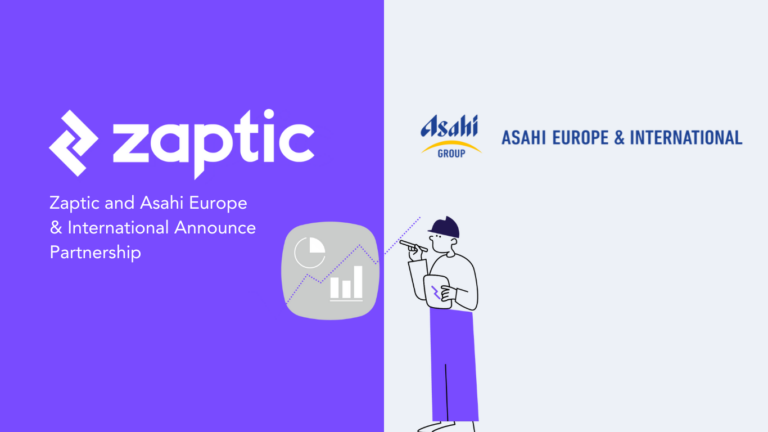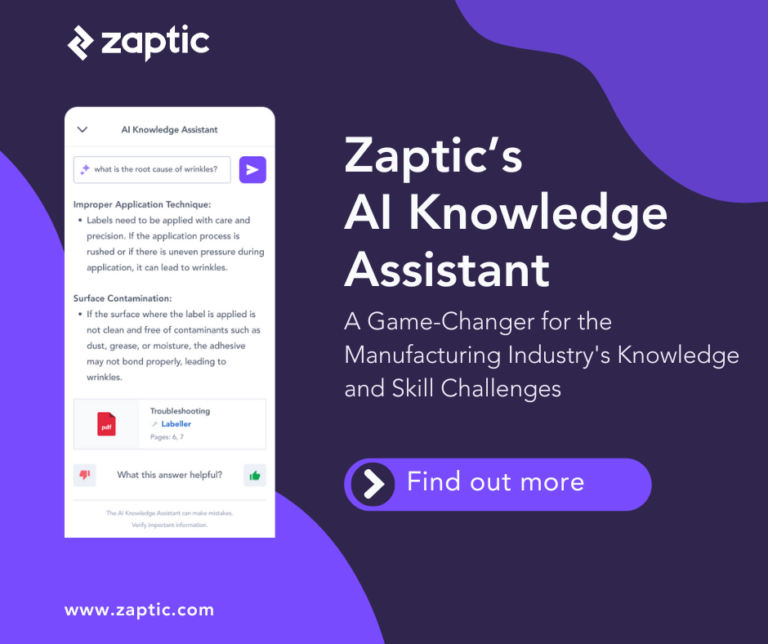- Product
-
Solutions
-

Digital Daily Work
Embed strong operational foundations digitally
-

Mobile EHSQ
Reduce risk, improve compliance, and empower a EHSQ culture
-

Integrated Asset Care
Enable advanced asset care with IT and OT integration
-

Leadership Value Creation
Turn shop floor improvements into lasting value
-

Job-Specific Training
Onboard and upskill faster
-
- Our Story
- Customers
- News & Insights
- Resources & Downloads





